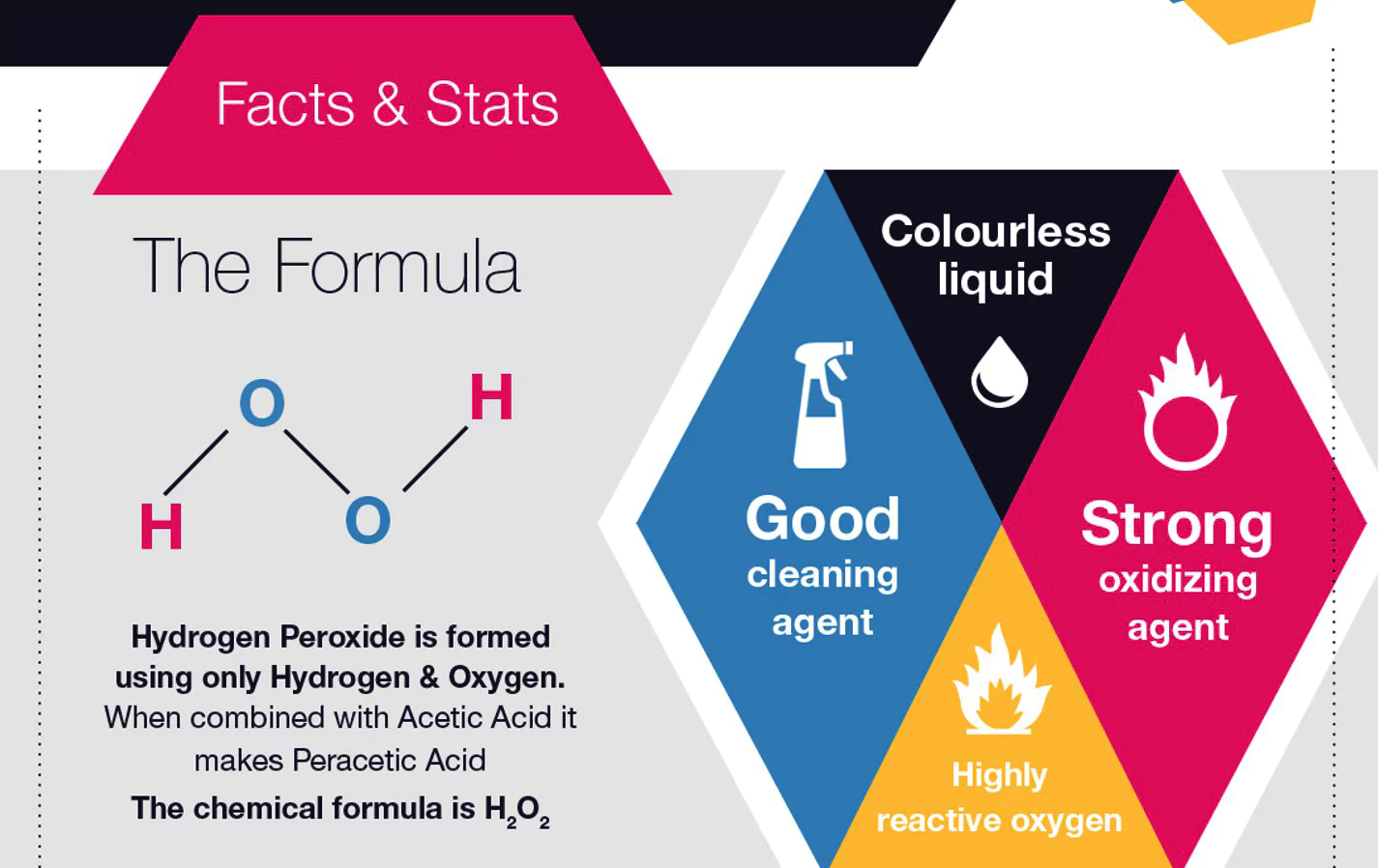Context
Recently, An Incident of multiple blast in boilers has occurred at a chemical factory in Thane District due to which more than 10 people lost their life and around 68 individuals were injured.
Mumbai Boiler Blast
- The explosion occurred in a boiler at Amudan chemicals Private limited, a company that manufactures food colours.
- The Explosives Act, 1884 and the Explosive Substances Act, 1908 have been invoked to prosecute the accused due to the presence of reactive peroxide chemicals that caused the incident.
- Boiler in the factory was not registered under the India boiler regulations 1950.
Enroll now for UPSC Online Course
The Explosives Act of 1884:
- It was enacted to regulate the manufacture, storage, use, sale, import and export of explosives.
- It sets safety standards for handling, transportation and storage of explosives to prevent accidents.
The Explosive Substances Act, 1908:
- It contains provisions defining explosive substances as well as special categories of explosive substances, which include compounds like RDX.
- The Act provides for punishment in relation to explosives endangering life or property, as well as for attempts to cause explosion or possession of explosives with malicious intent.
|
Peroxides
Peroxide chemicals are organic compounds that contain a peroxide functional group, which is characterized by two oxygen atoms bonded together.

- It can be represented as R−O−O−R, where ‘R’ can be any element.
- The bond between two oxygen atoms (O−O) is known as a peroxide group or peroxy group.
- Example: Hydrogen peroxide, benzoyl peroxide.
Properties:
- Peroxides have weaker bonds, making them more reactive and allowing other chemicals to change their structure.
- Peroxides can be dangerous and can explode when exposed to heat or Friction.
Boilers
A boiler is a closed vessel that heats water to produce steam, commonly used for heating rooms and heavy fuel oils on ships.
- Legislation & Regulation on Boilers:
- Indian Boilers Act-1923: The Indian Boilers Act-1923 aims to ensure the safety of life and property from steam boiler explosions and standardize registration and inspection procedures for boilers in India.
- Features of the Indian Boilers Act-1923:
- Owners must apply for boiler inspections, and inspections are conducted according to the Indian Boilers Regulation-1950.
Chemical Industry: Indian Scenario:
- India is among the top six chemical manufacturing countries in the world.
- Diverse industries : pharmaceuticals, pesticides, fertilizers, paints and petrochemicals collectively account for more than 70,000 of the products that are made from chemicals.
- The sector contributes about 11 per cent of India’s exports and employs more than two million people.
- India has 15 Acts and 19 rules governing different aspects of the chemical industry, none of them deals exclusively with the sector.
- Overlapping jurisdictions of different ministries work to the detriment of effective regulation.
- Monitoring and inspection are weak and most often, these exercises involve imposing fines on erring units which, by all accounts, breeds corruption.
- The NDMA website shines a light on the chemical industry’s regulatory deficits industry, it says, comprises “1,861 major accident hazard (MAH) units” and “thousands of registered hazardous factories (below the MAH criteria)”.
|
-
-
- Certificates are issued for operation for up to 12 months if the boiler passes inspection.
- Repairs are required for boilers that do not meet safety standards.
Industrial Accidents
The growth of industries has led to an increase in the risk of occurrence of incidents associated with hazardous chemicals (HAZCHEM) and hazardous materials (HAZMAT).
- These events occur due to mishaps or failures in industry and negligence in following international codes and standards for chemical handling which affects the industrial functioning, and productivity.
- Chemical/ industrial accidents are significant and have a long term impact on the community and environment.
- It leads to injuries, pain, suffering, loss of lives, damage to property and environment.
Enroll now for UPSC Online Classes
Factors Contribute to the Industrial Accidents
- Deficiencies in safety management systems & Inadequate regulation.
- Human errors: Due to lack of training and awareness & because of informal workforce that may compromise safety standards.
- Equipment and machinery failure
- Negligence in processing & Handling of chemicals.
- lack of awareness of how to act when a mishap occurs and poor investment in worker safety.
- lacks a comprehensive database of chemicals used by industry and the risks associated with them.
Major Industrial Incident in India
NDMA estimates that the country reported 130 chemical accidents in the last decade, which claimed more than 250 lives.
- The horrors of the Bhopal Gas Tragedy in 1984 – Methyl Isocyanate leak
- Jaipur oil depot fire of 2009.
- Thane explosion of 2016.
- Visakhapatnam Styrene gas leak of 2020.
- Neyveli Boiler Blast 2020.
- Blaze at a natural gas well in Tinsukia in 2020.
![]() 27 May 2024
27 May 2024
